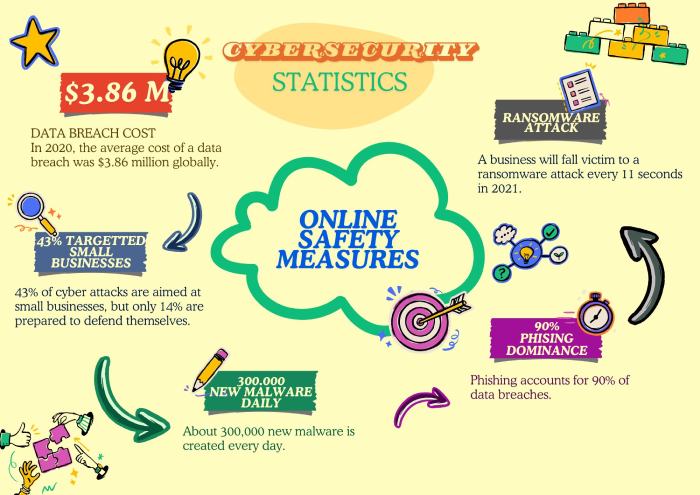[sonaar_audioplayer albums=”243016, 243069, 243091, 243115, 243151, 243173, 243195, 243238, 243291, 243308, 243324, 243335, 243401, 243466, 243537, 243595, 243646, 243710, 243795, 243842, 243885″ progress_bar_style=”default” wave_bar_width=”1″ wave_bar_gap=”1″ player_layout=”skin_boxed_tracklist” show_track_market=”true”][/sonaar_audioplayer]
Middle Eastern countries have been known for their petrochemical-based economies and policies for a long time now. However, over the last couple of decades, the world has witnessed a significant shift in the digital landscape of Middle Eastern nations. The blend of artificial intelligence and rapid technological development across Middle Eastern nations has led to terrific growth in their economy over the last couple of years.
The core focus is to significantly reduce the dependence on raw materials by choosing digitization over traditional practices. However, due to a lack of appropriate cybersecurity measures, Middle Eastern nations have faced severe cyber threats, such as hacktivism, ransomware attacks, and phishing activities.
As a result, major Middle Eastern nations like Qatar, Oman, and Saudi Arabia have now started focusing on strengthening their cybersecurity setups. Authorities are working together to make the frameworks and regulations more mature and robust. More and more regional governments are jumping onto the bandwagon to help the Middle East take a significant stride towards a secure digital landscape.
The CyberIC Program launched by Saudi Arabia focuses on strengthening the nation’s digital security as well as developing the technological infrastructure. Together, the CyberIC program and the National Cybersecurity Authority (NCA) are working towards assisting 60 cybersecurity startups. Meanwhile, the UAE made a significant increase in its cybersecurity investments. The government has announced the largest ever 5-year budget (2022-2026) and is also focusing on strict implementation of the latest cybersecurity standards across all government institutions.
The Gulf nations have realized that a strong and strategized cybersecurity system is non-negotiable in order to achieve sustainable digital development and rapid growth.
Innovative cybersecurity solutions at the rescue!
Companies in the Middle East are leveraging state-of-the-art technologies such as machine learning and AI to cope with digital threats. These cutting-edge technologies have been specifically designed to combat threat actors’ malicious advances. Saudi Aramco is using AI to strengthen its cybersecurity landscape and has reportedly invested around $9 million in a reputed cybersecurity service provider based in the UAE.
Some companies are already following in the footsteps of technically developed nations such as the USA and Europe. Thus, they are currently in a safe space and don’t have to worry too much about looming cyber threats.
However, experts believe that certain cyber needs vary from country to country. Factors like incident reporting, data localization, sector-specific regulations, compliance systems, etc., should also be considered for concrete results.
Another cause of concern is the uneven enforcement of regulations. This can also happen because of a lack of cyber expertise. Experts are concerned about cross-border enforcement and believe that this may lead to unnecessary delays and misunderstandings, thereby leading to cyber mishaps.
Major government policies to combat cyberthreat issues
Governments across the Gulf nations are collectively working together and taking significant measures to cut down the number of cyberattacks in both the public and private sectors. Implementing legislative initiatives is a glaring example of their seriousness against surging digital threats.
For example, on September 14, 2023, Saudi Arabia passed its first-ever data protection law. Now, organizations and enterprises operating across Saudi Arabia must adhere to the policy frameworks to protect their cyberhealth.
Similarly, on September 13, 2023, the cybercrime law no. 17, came up in Jordan. This law consists of a whopping 41 articles, each of which is concentrated on battling cybercrime.
Training and skill development paid off!
Middle Eastern nations are also coming together to train specialists and equip them with knowledge and expertise to safeguard vital government sectors. Joint cyber exercises further help enhance the performance of cybersecurity agencies. Joint educational programs help add fresh talent to the cybersecurity industry who can contribute to securing the Middle East’s digital landscape.
The Saudi Arabian government has also started investing in cyber education. It has collaborated with IBM and Saudi Aramco to establish the National Information Technology Academy with the ultimate goal of developing local talent.
The Gulf Nations are now partnering with major educational institutions and universities to be equipped with cybersecurity development programs.
Middle East- A decade ago!
Cyber incidents like the Stuxnet attack and the Shamoon wiper events made Middle Eastern policymakers realize the importance of a solid cybersecurity system. Back in 2014, the authorities slowly shifted to cybersecurity establishments. However, progress was slow in combating sophisticated and ever-evolving cyber stunts by trained threat experts. As a result, Middle Eastern countries have been increasingly targeted by cyber threats, including supply chain compromises, denial-of-service attacks, hacktivism, and more.
Experts emphasize that even simple cyberattacks have caused severe damage due to weak cyber defenses, often disrupting Gulf nations’ economies. Strengthening phishing protection and implementing robust cybersecurity measures are critical steps to mitigate these risks and safeguard economic stability in the region.
Eventually, the GCC or Gulf Cooperative Council, came up with national cybersecurity strategies. These strategies were inspired by international cybersecurity frameworks and policies.



